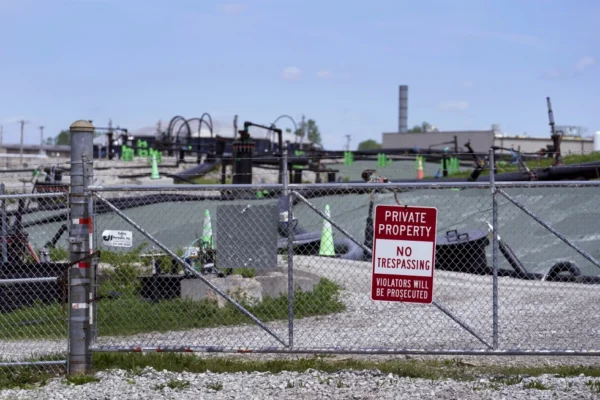On March 7, the U.S. Senate passed the Radiation Exposure Compensation Reauthorization Act, which expands compensation for radiation victims, including “Downwinders.”
The bill (S. 3853) will now go to the House of Representatives, where the bill’s prospects remain unclear. President Biden has released a statement in support of the bill.
Sponsored by Josh Hawley (R-Missouri), the bill received substantial bipartisan support in the Senate with a vote of 69-30. Both of Utah’s senators, Mitt Romney and Mike Lee, opposed the bill along with the majority of their Republican colleagues.
“Without clear evidence linking previous government action to the expanded list of illnesses—and a price tag north of $50 billion—Sen. Romney could not support the legislation,” Romney’s spokesperson told KSL.
Some have commented that the bill’s success was partly due to the release of the blockbuster film Oppenheimer last year. The film tells the story of the theoretical physicist who directed the Manhattan Project during World War II, and is also called the “father of the atomic bomb.” The film has increased public awareness about the health effects of nuclear testing.
This RECA reauthorization bill revises and seeks to expand the existing RECA program, and extends it by six years. It also broadens the affected areas.
The Radiation Exposure Compensation Act (RECA) was first passed in 1990 with broad support, to provide compensation to people unknowingly exposed to radiation from uranium mining and nuclear weapons testing. Utahns who lived in an affected area downwind of testing in Nevada between 1946 and 1962 and later contracted a specified disease could be eligible for compensation.
In 2022, the President extended the termination of the RECA Trust Fund. RECA, as it stands, is set to expire in June of this year.
Those in favor of expanding RECA have pointed to the hidden costs of national security: the United States is on track to spend $750 billion on modernizing the nuclear weapons arsenal over the next decade. If so, what is $50 billion to cover some of the past costs of its national defense efforts?
“The cost of chemotherapy, surgeries, and end of life care is already being borne by Downwinders, miners, and those poisoned by the Manhattan Project,” wrote Lilly Adams of the Global Security Program at the Union of Concerned Scientists. “The cost of this program is a fraction of what the US government has spent—and continues to spend—on the nuclear weapons that created this mess.”
Outside of government spending to cover costs for radiation victims, the government has, in the past, also passed legislation to cover the costs of other national security decisions. For instance, the PACT Act of 2022 expanded health care benefits to military service members and veterans who were exposed to toxins and other hazards during their military service. That is estimated to cost $680 billion over the next 10 years.
The bill will now be considered by the Republican-controlled House of Representatives.
– The Byway
Feature image caption: West Lake Landfill Superfund site on Friday, April 21, 2023, in Bridgeton, Missouri. Courtesy of Jeff Roberson, AP News.

